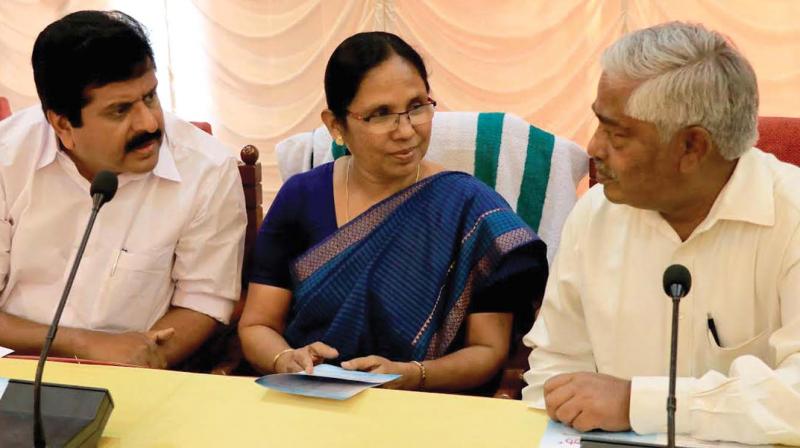Kerala: Kaval' uses love to outdo malice
Kaval', the state's unique psychosocial experiment to reform children involved in crimes, seems to be achieving just this in the capital district.

THIRUVANANTHAPURAM: It would be highly simplistic to believe, like commercial filmmakers, that an adolescent inclined to violence can be reformed by showering him with love. Pulling the kid safely out of the behavioural short-circuit in which he has been trapped is a highly complex operation that can work only if a multitude of societal levers operate simultaneously and with equal efficiency. ‘Kaval’, the state’s unique psychosocial experiment to reform children involved in crimes, seems to be achieving just this in the capital district. Inspirational tales of two teenagers, one from the rural fringe of the district and the other from its urban heart, were perhaps two of the many reasons why ‘Kaval’ (implemented with the support of NIMHANS, the country’s premier mental health and neuroscience institute) has been extended to five more districts.
The rural boy, 17 years, came into conflict with law for car theft. The urban boy, 15 years, was implicated in a Protection of Children from Sexual Offences (POCSO) case. The rural boy was highly aggressive, but his aggression was limited to close family members. The urban boy is a mild sweet character, who has the habit of distributing food to those in need. Both had serious parental issues. “It was not that the parents did not love him, in fact they loved him too much that it might have felt crazy for the boy,” said Sreenesh of Santhigram, the NGO that took the rural boy under its wings. (Kaval is carried out through selected NGOs.) The father was a ganja addict and hyper aggressive, and the mother, as if to make up, was ultra submissive. The boy got his first taste of narcotics from his father’s leftovers. There was the grandfather, a chain smoker and former bootlegger. And then there was the over-solicitous grandmother.
The boy’s addiction was revealed to the NGO in all its blazing fury when a late-night call made them rush to his house. “There, we found he had burnt all his books and all the clothes in the house, including that of his parents. Both he and his father were holding a sharp weapon, ready to stab each other. He was furious because he was not given money to get his quota of ganja,” Sreenesh said. The urban boy too had loving parents but the mother had anxiety disorder. The father is a nice man but is aloof by nature. “We found that the mother was not taking medicines, and so required counselling and constant monitoring,” said Baby Prabhakaran of The BluePoint Org, the NGO in charge of the 15-year-old.
It was also important to engineer a perceptional change in the boy's friends, relatives and neighbours. When a theft was reported in their colony a few months after the POCSO case, fingers were pointed at the boy. “This was sign that the society had turned against him. So we shifted him to a relative’s house until we could drive some sense into the people around him,” Mr Prabhakaran said. Now, the boy has gone back to school. The rural boy was in a de-addiction centre for a month, and he too has now gone back to school. He is now on talking terms with his father. “Now, they eat together, and water their plants together,” Sreenesh said. The father has also stopped bringing his 'pot' home.

